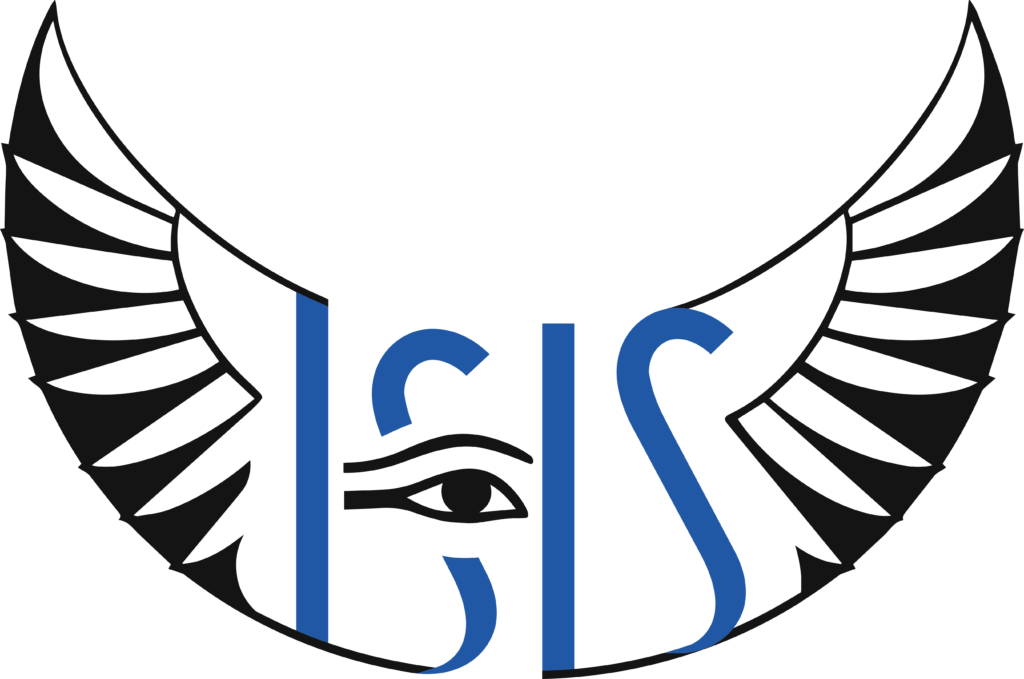- Can you tell us about your academic career so far and what led you to choose this area of research?
During my undergraduate studies at the University of Newcastle, England, I was given the opportunity to carry out an Erasmus placement in a laboratory where I chose the University of Strasbourg. I then spent an eight month in the CLIC laboratory at the Institut de Chimie under the supervision of Dr Romain Ruppert. It was during my first research project that I really knew that research was what I wanted to do for the rest of my life. Discovering the world of research augmented even further my passion for chemistry. After a Master’s project in polymer chemistry with Dr David Fulton at Newcastle, I then returned to Strasbourg to carry out my PhD at the Institut de Chimie in the laboratories POMAM and CLIC under the supervision of Prof. Sylvie Choua and Dr Romain Ruppert. The PhD was exceedingly multi-displinary and allowed me to discover a multitude of varying topics in chemistry, amongst these I discovered the novel topic of molecular systems for quantum computers and hence found myself delving into this new world in my current laboratory for my post-doc in Prof Mario Ruben’s laboratory both at INT (Institute of Nanotechnology), KIT (Karslruhe Institute of Technology), Germany and here in ISIS-CESQ, Strasbourg.
- What does the research environment at ISIS bring you (professionally and personally)?
As ISIS you truly feel that you are at the frontier of innovative research, with regular conferences from world-renowned scientists and all the equipment needed to carry out research. The freedom that you get at ISIS is also quite unique, as a young scientist it is of paramount importance to have liberty in carrying out your own ideas, so that in the future when you become an independent researcher you are already used to carry out a project at every stage be it the design, synthesis, analysis or write up.
- What are your wishes and plans for the future of your career?
I would like to continue in the field of academia with an academic position either as a chargé de recherche or a Maître de Conference as alongside my passion for research I also have a passion for teaching, this passion can be fed by either supervising students or by lecturing.
- What do you like about your life in Strasbourg / in Alsace?
Tarte flambée et pinot noir, do I need to continue? Strasbourg is a really international city meaning that it has a very rich culture. There is always a wide variety of things to do and it is well connected for going somewhere else, in case you can’t find anything to do here. The region around Strasbourg is also very pretty and ideal for hiking in the Vosges or biking along the route du vin.
- If you were to name the one thing you are most proud of (career-wise or in your personal life), what would it be?
I think moving to a different country and immersing yourself in the culture is a challenging thing to do and I believe I have done to full fruition feeling fully integrated as an Englishman in Strasbourg.


![[Translate to English:] [Translate to English:]](/websites/_processed_/b/3/csm_DSC_0009_54da719dea.jpg)
![[Translate to English:] Fondation Jean-Marie Lehn](/websites/_processed_/9/4/csm_logo-fondation-lehn_24043a5484.png)
![[Translate to English:]](/websites/_processed_/7/4/csm_signature-federation-chimie-uar2042_8414e733c6.png)
![[Translate to English:]](/websites/_processed_/8/8/csm_logo-europe_567626666f.jpg)
![[Translate to English:]](/websites/_processed_/e/0/csm_logo-grand-est_d7796e66f0.png)